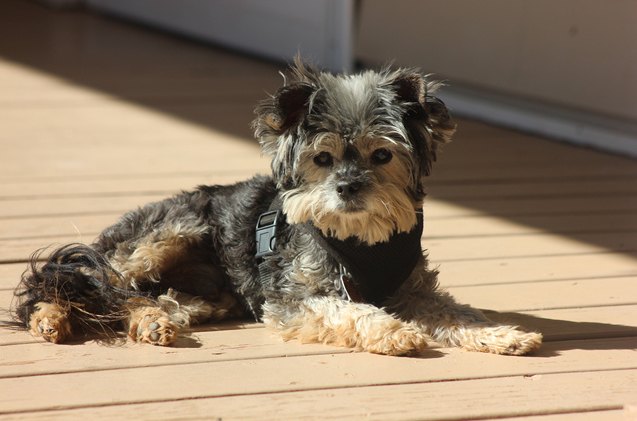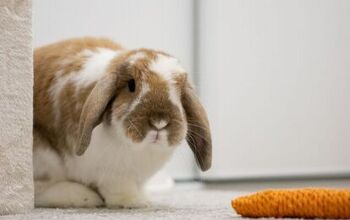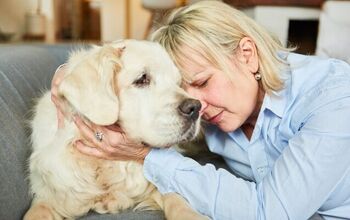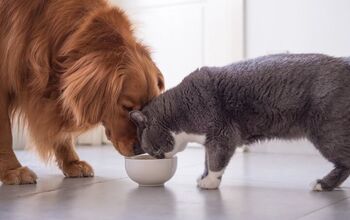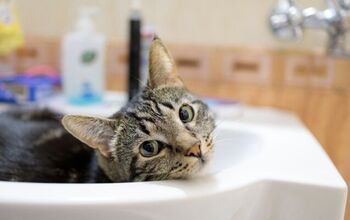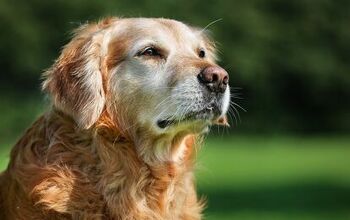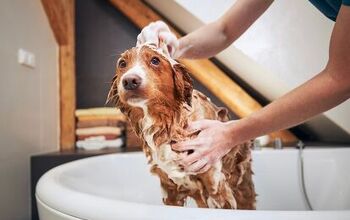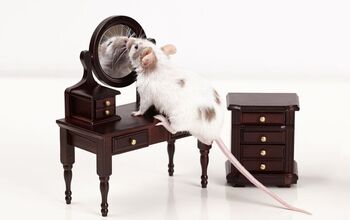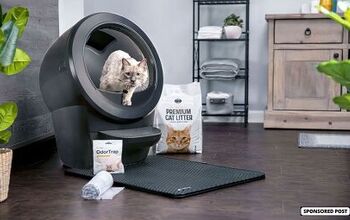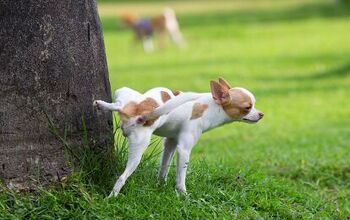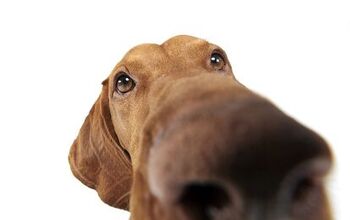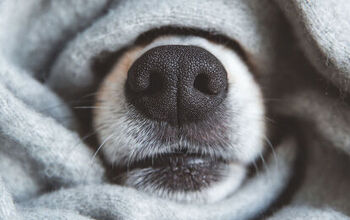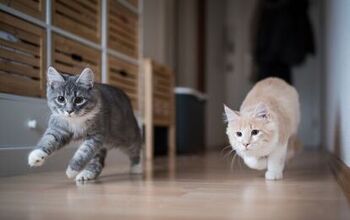Yorktese


About Yorktese
The Yorktese goes by several other names, including Malkie, Maltiyork, Morkie, Yorkiemalt, and Yortese. These tiny dogs have a big heart and a brave personality. They are fun-loving pets that can get along with everyone in the family, especially when properly socialized as puppies.
If you’re searching for a toy breed that will be your perfect match, the Yorktese might be it, but keep reading to learn a bit more about these dogs before making a commitment to one.
The Yorktese is a cross between a purebred Yorkshire Terrier and Maltese.
The Yorktese is a designer dog breed from the United States.
The Yorktese is a cross between a purebred Yorkshire Terrier and Maltese.
It is highly recommended that you choose one of the many high quality dog food brands on the market today when it comes to giving your pet the nutrition that he needs to thrive. Then you can feed your Yorktese anywhere from ¼ cup to ½ cup of dry food every day, but split this amount into two meals.
You can also purchase a high quality canned food for dogs, but if you’re going to add this to your pet’s diet, simply adjust the amount of dry food that you’re providing so that your dog doesn’t overeat and gain too much weight.
The Yorktese enjoys spending time with their human companions, and they’re also smart.
You should find it a pleasure to train your Yorktese, as these canines enjoy spending time with their human companions, and they’re also smart. Beware, though, that these dogs can exhibit a stubborn personality at times, so in those moments, you need to be patient. No matter what, stick with positive training techniques that include treats, rewards, and praise. These dogs are sensitive, so they won’t respond to harsh training or punishments.
A toy-sized breed, the Yorktese weighs between 4 and 12 pounds.
The small Yorktese makes an ideal lapdog, but this breed is also popular because of its affectionate, friendly, loyal, and clever nature. These pooches will gladly follow you around the house to be near you, but they can be quite needy. Leaving your Yorktese alone for too long could result in separation anxiety. Therefore, this breed may not be the best choice for those who aren’t home a lot.
These loving, kind dogs can sometimes be stubborn, but they also make good watchdogs. They will alert you to suspicious activity, especially because they’re wary of people they don’t know.
When properly socialized, a Yorktese will get along with other dogs and other pets. These fun-loving pooches will enjoy playing with a variety of toys, and will also get along well with children who know how to handle them with gentleness.
Like all other hybrid canine breeds, the Yorktese might be susceptible to the health problems that most commonly affect its parent breeds. However, there is no way to predict what an individual dog’s long-term health will be, and there is no guarantee that an individual dog will inherit any health problems. Plus, hybrid dogs tend to be surprisingly hardy.
As a Yorktese owner, it’s a good idea to keep an eye out for conditions that include eye ailments, hypoglycemia, liver issues, collapsed trachea, patellar luxation, white dog shaker syndrome, and reverse sneezing.
The Yorktese has an average lifespan of 10 to 13 years.
You will need to provide your Yorktese with a variety of ways to exercise every day. These dogs are considered moderately to fairly active, and they require mental stimulation in order to ensure their wellbeing and prevent negative behaviors.
Purchase several different types of toys that your dog will be able to play with while he is indoors, but make it a point to spend time outside with your pet too. You want to prevent boredom that could result in destructive behavior around the house, and all you need is a couple of short, brisk walks each day, along with playtime in the backyard or at the dog park.
The Yorktese makes an ideal lapdog, but this breed is also popular because of its affectionate, friendly, loyal, and clever nature.
The Yorktese is not recognized by the American Kennel Club, as it is considered to be a hybrid breed. However, this breed is recognized by the American Canine Hybrid Club (ACHC), the Designer Breed Registry (DBR) the Designer Dogs Kennel Club (DDKC), the Dog Registry of America, Inc. (DRA), and the International Designer Canine Registry (IDCR).
A Yorktese will feature a silky coat that is fine, straight, and long. These little dogs will require delicate grooming, and you will need to brush your pet every day to prevent tangles and matting. A professional groomer can also trim the coat, as necessary.
The good news is that this breed is a hypoallergenic, low-shedding one, so you won’t need to worry too much about vacuuming up a lot of fur around the house.
Tiny Yorktese puppies are impossible to resist, and children will definitely want to start playing with these pets. Supervising children is recommended to prevent injuries to these delicate dogs.
Socializing and training your Yorktese from an early age will help him grow up to be a confident, happy, and calm adult who gets along with people of all ages, as well as other animals and other dogs.
Photo credit: jeacja/Bigstock; LuminescentMemories/Bigstock

Lisa Selvaggio is a freelance writer and editor, and our resident cats-pert, with certifications in pet nutrition and pet first aid. She enjoys producing content that helps people understand animals better so they can give their pets a safe and happy home.
More by Lisa Selvaggio



